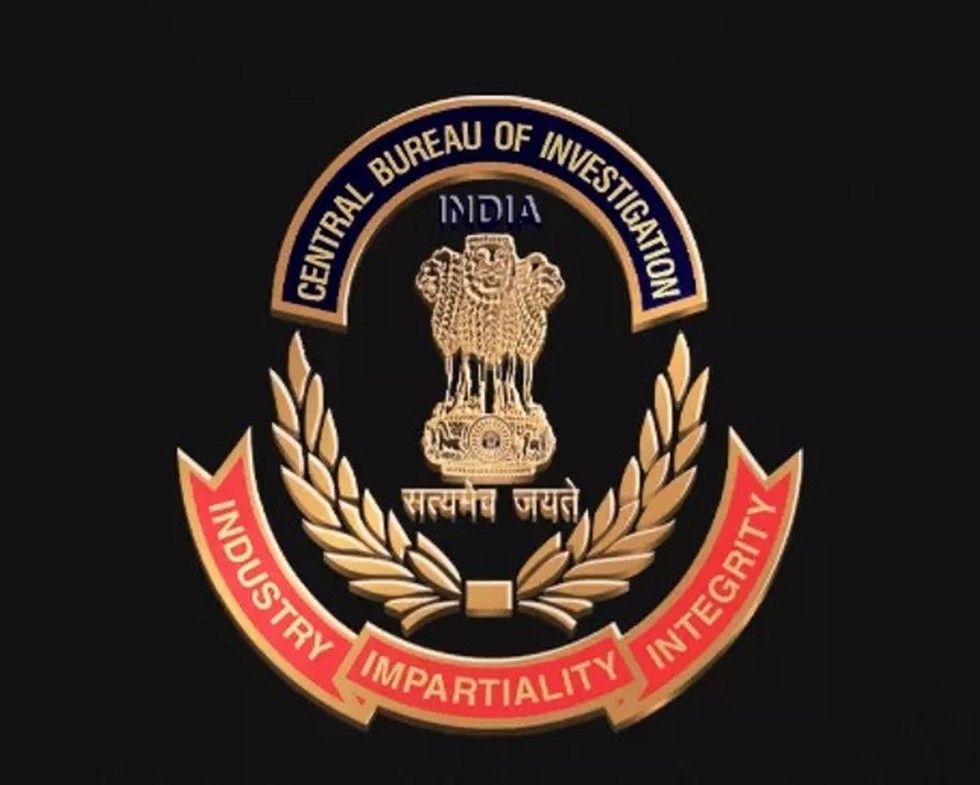Ahmedabad
(Head Office)Address : 506, 3rd EYE THREE (III), Opp. Induben Khakhrawala, Girish Cold Drink Cross Road, CG Road, Navrangpura, Ahmedabad, 380009.
Mobile : 8469231587 / 9586028957
Telephone : 079-40098991
E-mail: dics.upsc@gmail.com

Central Bureau of Investigation
News: Recently, the Tamil Nadu government has announced that it has withdrawn the general consent given to the Central Bureau of Investigation (CBI), under Section 6 of the Delhi Special Police Establishment (DSPE) Act, 1946.
What is CBI?
• The CBI was established by a resolution of the Ministry of Home Affairs and later transferred to the Ministry of Personnel, Public Grievances and Pensions, currently functioning as an attached office.
• Its establishment was recommended by the Santhanam Committee on Prevention of Corruption.
• The CBI operates under the DSPE Act, 1946. It is neither a constitutional nor a statutory body.
• It investigates cases related to bribery, governmental corruption, breaches of central laws, multi-state organized crime, and multi-agency or international cases.
What is the General Consent principle?
• The consent of the state government to CBI can be either case-specific or “general”.
• General consent is normally given by states to help the CBI in the seamless investigation of cases of corruption against central government employees in their states. This is essentially consent by default, which means CBI may begin investigations taking consent as having been already given.
• In the absence of general consent, CBI would have to apply to the state government for its consent in every individual case, and before taking even small actions.
What are challenges faced by CBI in India?
• Political interference - The CBI has been criticized by the Supreme Court of India for being a “caged parrot speaking in its master’s voice”, due to excessive political interference in its functioning.
• Lack of autonomy - The CBI depends on the Home Ministry for staffing, as many of its investigators come from the Indian Police Service. It also depends on the Law Ministry for lawyers and the Finance Ministry for funds. The CBI also needs prior permission from the state governments to investigate cases in their jurisdiction, which may hamper its efficiency and impartiality.
• Inadequate resources - The CBI faces a shortage of manpower, infrastructure, and technical expertise to handle the increasing number and complexity of cases.
• The CBI also has a low conviction rate, due to delays in trials, lack of coordination with other agencies, and poor quality of investigation and prosecution.
What is the need of the hour?
• Establish the CBI as an independent investigative agency separate from the administrative control of the Central Government.
• Strengthen legal provisions to safeguard the autonomy and impartiality of the CBI.
• Investing in advanced technology and infrastructure to equip the CBI with modern tools for digital forensics, data analysis, and crime mapping.
• Several committees have proposed conferring statutory status to the CBI to ensure its smooth functioning and operational autonomy.

Address : 506, 3rd EYE THREE (III), Opp. Induben Khakhrawala, Girish Cold Drink Cross Road, CG Road, Navrangpura, Ahmedabad, 380009.
Mobile : 8469231587 / 9586028957
Telephone : 079-40098991
E-mail: dics.upsc@gmail.com
Address: A-306, The Landmark, Urjanagar-1, Opp. Spicy Street, Kudasan – Por Road, Kudasan, Gandhinagar – 382421
Mobile : 9723832444 / 9723932444
E-mail: dics.gnagar@gmail.com
Address: 2nd Floor, 9 Shivali Society, L&T Circle, opp. Ratri Bazar, Karelibaugh, Vadodara, 390018
Mobile : 9725692037 / 9725692054
E-mail: dics.vadodara@gmail.com
Address: 403, Raj Victoria, Opp. Pal Walkway, Near Galaxy Circle, Pal, Surat-394510
Mobile : 8401031583 / 8401031587
E-mail: dics.surat@gmail.com
Address: 303,305 K 158 Complex Above Magson, Sindhubhavan Road Ahmedabad-380059
Mobile : 9974751177 / 8469231587
E-mail: dicssbr@gmail.com
Address: 57/17, 2nd Floor, Old Rajinder Nagar Market, Bada Bazaar Marg, Delhi-60
Mobile : 9104830862 / 9104830865
E-mail: dics.newdelhi@gmail.com